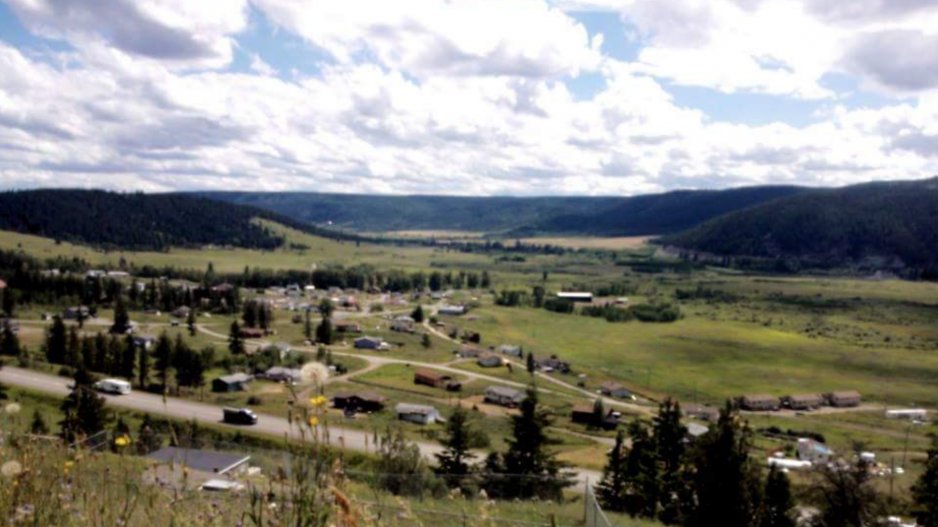Williams Lake First Nation expects to be the first Indigenous community in British Columbia to ink a government-to-government deal under B.C.’s Cannabis Control and Licensing Act.
Chief Willie Sellars told BIV that he expects to finalize an agreement in the next two-to-four weeks – one that will pave the way for a seed-to-sale cannabis operation on First Nations land.
“It’s going to be the first government-to-government agreement around cannabis, I think in the country,” he said, adding that the facility itself will be a first-of-its-kind operation in B.C.
Late last month, Williams Lake First Nation broke ground on a $2.5 million cannabis cultivation facility set to open next year.
The Sugar Cane Cannabis cultivation project will be complemented by a cannabis retail strategy on which the nation has been negotiating with the province for years.
Cannabis dispensary Indigenous Bloom currently operates on-reserve under the nation’s own cannabis law, without a provincial licence.
“We’re pushing the envelope a little bit by creating our own cannabis law. And you’re seeing other First Nations in the province doing the same thing. It’s like the wild west out here in some places,” Sellars said.
“We wanted to get the province’s attention, which we did, and we started negotiating right from the outset.”
Provincial licensing legislation provides for what Sellars describes as a government-to-government agreement between the province and an Indigenous nation. Such an agreement can authorize the sale of cannabis, subject to certain requirements, including that only cannabis from a federal producer may be sold.
“It’s going to make us legal in the eyes of the province and complement what our strategy is moving forward around a farm-to-gate licence – going from seed to sale in our facility,” said Sellars.
Sugar Cane Cannabis is currently working with Health Canada to ensure it meets federal regulations. The nation also plans to replace its current retail operation with a new brand: Unity Cannabis.
The facility has secured $500,000 from the provincial government, $250,000 from the Northern Development Initiative Trust and just over $200,000 from Ottawa.
It will support construction jobs and long-term jobs, and create another revenue stream for a nation that has been impacted by the downturn in forestry.
It also has tourism potential. The cultivation facility will feature a window that will allow visitors to peak behind the curtain of cannabis production.
“What you have to keep in mind about our region is it’s not a Kelowna, or an Osoyoos, or a Kamloops. It’s a whole different economy up here where we have to scrimp and save and get creative on how we build these things out,” Sellars said.
“For us, it’s another thing where we can put people to work, create a revenue stream and we can put our region on the map in a good way.”




